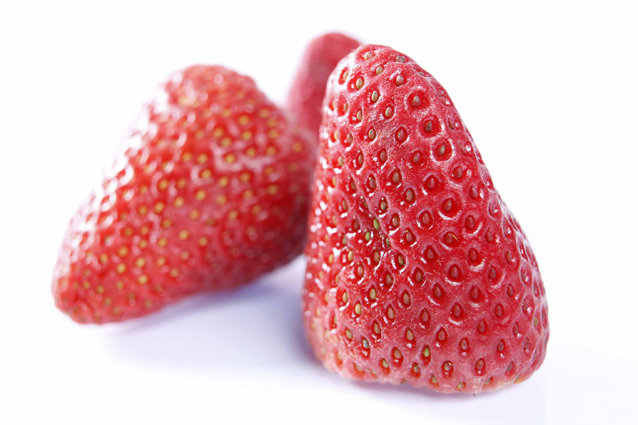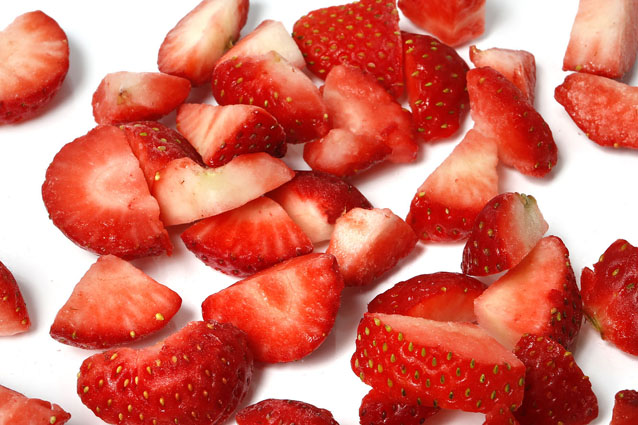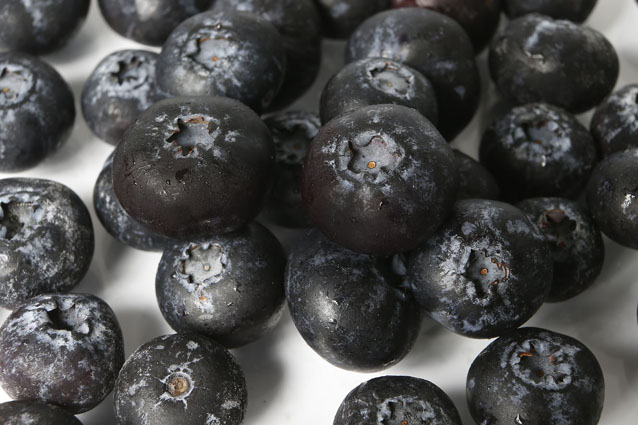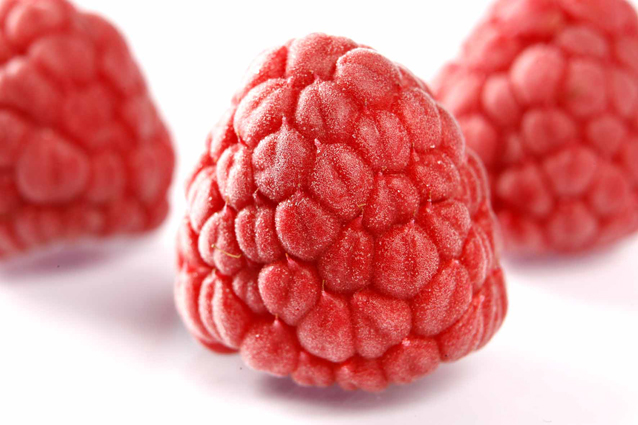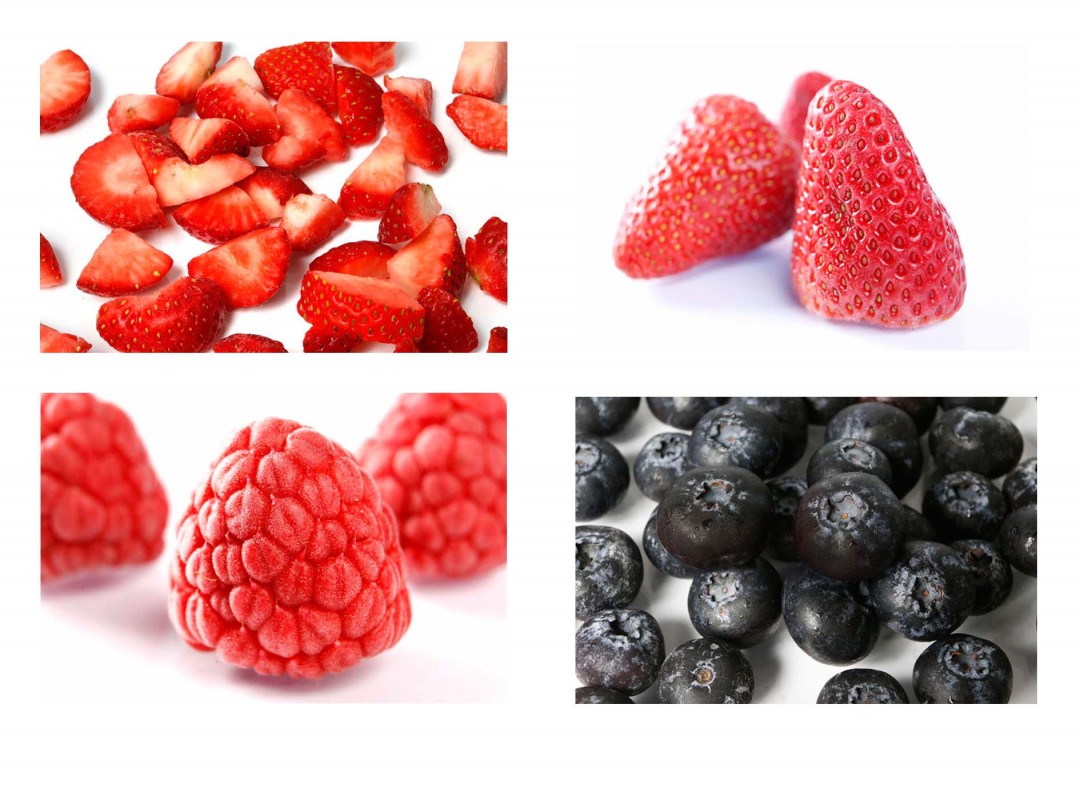
Energy efficiency for Processing different types of Berries
Frozen food industry is undergoing new challenges and opportunities from the effects of the COVID-19 pandemic: a swift change in customers’ buying habits and their perception on frozen food; and an increasing demand for “no hand touch” processing lines. Especially during off seasons, the availability of frozen food fills in the gap. Food safety has become unprecedentedly important not only for frozen meat and seafood products, but also for frozen berries.
Processing berries with Individual Quick Freezing (IQF) guarantees food safety, nutrient, and appearance of the product.
Why Pre-Chilling is Necessary for Berries
Usually IQF berry starts with washing, dicing if necessary, followed by pre-chilling and then IQF freezing.
Many producers’ capacity does not allow to pre-chill the product prior to freezing, they often use the freezer as a chiller. On bottom line this is a bad solution. Chilling the product outside the freezer costs only 30 % energy compared to using the freezer for chilling. In addition, a well-chilled product brings other advantages. Freezer capacity increase about 10%. Working time between defrost is normally doubled and product quality is substantially increased with less surface issues and reduced block formation.
Click image to watch IQF berry processing
IQF Freezing Raspberries
The OctoFrost IQF Freezer balances the airflow and speed to create the best movement along the freezer from. In beginning of the freezer product are still wet and soft. Here a circulating fluidization is required to maintain separation and surface freeze the product. As the product gets colder it is getting more brittle and a reduction of air speed is required, Initially on zone two by bubbling fluidization and at the end of the freezer fixed bed fluidization.
This freezing procedure in combination with zero drop at freezer outfeed guarantee a minimum of breakage.
IQF Freezing Cultivated Blueberry
Freezing of cultivated blueberries is sensitive to surface water that can crack the product. Chilling to +5 °C and then efficient dewatering e.g. OctoFrost dewatering/distribution shaker with Air-knife is recommended.
The true circulating fluidization also contributes to polish the surface and remove flowers that otherwise can be a challenge.
IQF Freezing Wild Blueberries
In addition to above challenges to blueberry, wild blueberry often comes with a lot of leaves and stalks. OctoFrost with its proven ability to control the air speed, can separate leaves and stalks efficiently. It is recommended to remove loose stalks and leaves outside the freezer using a simple fan that blow through the belt from underneath.
IQF Freezing Strawberry
IQF strawberries are usually frozen immediately after harvesting, which preserves their vitamins, minerals, and antioxidants. Freezing with OctoFrost IQF Freezer keeps dehydration low and prevents lump formation while maintaining products’ smell, texture, and taste.
